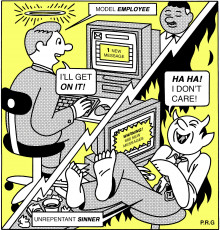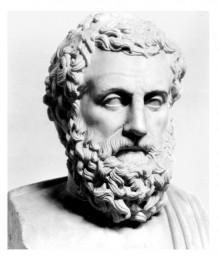Unsung Warriors
Posted in Blog,National Security,This WeekFebruary 27, 2019Comments Off on Unsung Warriors

Much has been written – most of it reasonable, but some of it shrill – regarding women in the U.S. military.
While integration of women into the U.S. military has progressed by leaps and bounds in the last few decades, one place that has remained a male-only bastion has been Special Operations.
Or has it? Four Americans were killed by a suicide bomber in Syria in mid-January. One was U.S. Navy Cryptologic Technician Chief Petty Officer Shannon Kent. She was operating with the U.S. Navy SEALs. While not “officially” a SEAL or other Special Operator, she was just as vital to the mission as her male counterparts – and just as vulnerable.
Here is how a recent New York Times article describes how Chief Petty Officer Kent served – and died.
Given who she really was, military officials had little choice in how they described Shannon Kent. They said only that she was a “cryptologic technician,” which anyone might assume meant that her most breakneck work was behind a desk.
In reality, she spent much of her professional life wearing body armor and toting an M4 rifle, a Sig Sauer pistol strapped to her thigh, on operations with Navy SEALs and other elite forces — until a suicide bombing took her life last month in northeastern Syria.
She was, in all but name, part of the military’s top-tier Special Operations forces. Officially a chief petty officer in the Navy, she actually worked closely with the nation’s most secretive intelligence outfit, the National Security Agency, to target leaders of the Islamic State.
The last few years have seen a profound shift in attitudes toward women in combat roles. Since 2016, combat jobs have been open to female service members, and they have been permitted to try out for Special Operations units. More than a dozen have completed the Army’s Ranger school, one of the most challenging in the military. Some have graduated from infantry officer courses, and even command combat units. And in November, a woman completed the Army’s grueling Special Forces Assessment and Selection course, the initial step to becoming a Green Beret.
Yet Chief Kent illustrates an unspoken truth: that for many years women have been doing military jobs as dangerous, secretive and specialized as anything men do. This is just a snippet. Want more? You can read the full article here










